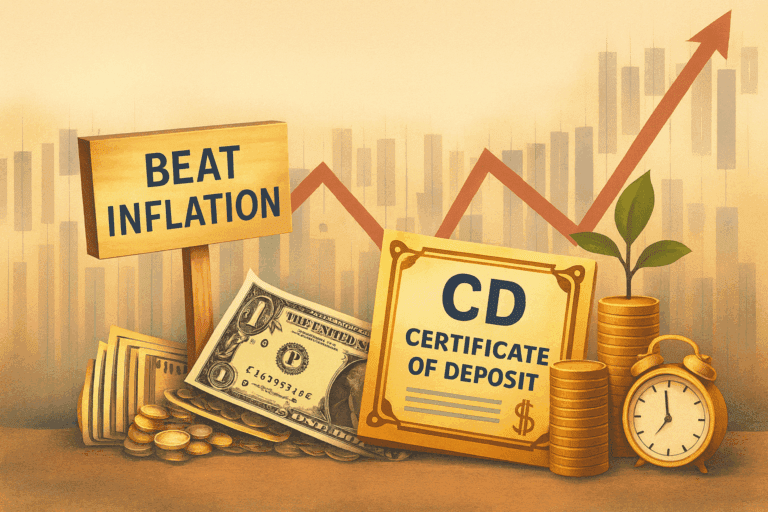Are you having a harder time getting your finances together than you thought you would in your 30s? Don’t panic. These helpful tips can get you back on the right track. If you can stick to these pointers, you can take control of your financial future!
Understanding Your Finances

You can’t make any long-term plans for your money without understanding where you’re at right now. Check out your finances and weigh them against your financial goals. Are you close to buying a house? Or do you only have enough money to cover this month’s bills?
Crafting a Budget

Get a budget together and give each dollar a job before it ever lands in your account. This will empower you to hit your savings goals without the temptation to spend your “extra” money on discretionary expenses. What are discretionary expenses, you ask?
Discretionary Spending

Discretionary spending, or expenses, is the money you spend on things you don’t necessarily need. That means things like going to the movies, buying expensive dinners, and the like. You should do these things occasionally so you feel like you’re actually enjoying your paycheck, but make sure it’s a rare treat, not the norm.
Fixed Spending

On the other hand, fixed spending is the stuff you can’t get away with skipping. You have to pay for your rent or mortgage, your car payment, and your car insurance. This also applies in a looser sense to things like groceries and utility bills: you’re always going to buy them but the cost is variable, not fixed.
Contributing to Goals

Once you’ve handled your bills, make the next priority your paycheck contributions toward your financial goals. We’ll get more into investing later, but for now it’s important to set aside a consistent amount of money to sink into your retirement account, savings account, or other investments.
Net Worth

Your net worth will give you a good sense of how you’re doing concerning your financial goals. To calculate your net worth, add up the value of your assets (like your car and house) as well as the total of all your bank accounts. Then, subtract any debt you owe. That’s your net worth!
Getting Married

Do you plan to get married? If so, do you want to have a huge, extravagant wedding ceremony? If so, you need to start saving well before the planned event. People who want outlandish weddings and honeymoons can often take out large loans to cover these expenses, which can bury them in debt for years.
Having Kids

Do you want to have kids? That’s also going to cost you. Make sure you’ve got finances already set aside to pay for everything from the cost of the delivery (or adoption fees!) to the extremely high cost of childcare.
Buying Property

If you currently rent, you might be looking into buying a home. Home prices have exploded in the market following 2020, so this can seem unachievable for many people in their 30s. However, with the right savings strategy you can own your own home—you just need a good down payment and flexible expectations.
Retirement

When do you plan to retire? If you want to hang it up at 65, you need to start saving as soon as possible. The longer you wait, the less time your money will be spent earning interest and the longer it will take you to save up enough to comfortably retire.
Travel

How much do you want to travel? Some people never get to leave the state they were born in, while others make it a point to save up enough to visit foreign countries. If you want to travel often, you’re going to need to start saving for that today.
Emergency Fund

Make sure you’ve got an emergency fund stored up and ready to go in case of a car accident, medical emergency, or anything else you can’t foresee. It’s never a bad idea to have a few thousand dollars tucked away for a rainy day.
Life Insurance

Speaking of predicting the unpredictable, by the time you’re in your 30s you probably have people who rely on your income for their quality of life. Consider getting life insurance if you don’t already have it. Without life insurance, your loved ones will be in dire financial straits in the event of your untimely passing.
Paying Off Debt

Do you have big piles of debt you accumulated in your 20s? If so, it’s time to pay that down. Debt consolidation loans can help eliminate those high interest rates, and debt consolidation plans through nonprofit organizations can help you get moving in the right direction.
Investing

Finally, once you know your goals and have paid back your debts, you can start investing. There are lots of investments, from stocks and bonds to retirement accounts. Whatever you choose, just be consistent. Make sure you fund your investments with a steady amount of capital each month and stick to your plan for reliable results.
Planning is Everything

It can be tough to plan out your budget. But make sure each thing you need to spend money on is accounted for before you ever get your paycheck. That will help you resist the urge to splurge and buy things that aren’t in your budget! Give yourself a “spending money” allotment for those little treats, too.
Cash Diet

Want to get your spending under control? Consider only spending money when you have cash. Set aside your spending money from your budget in paper currency and only spend that on things that aren’t explicitly spelled out in your budget. You’ll be amazed at how quickly you save.
Perfect is the Enemy of Good

Oh no, you messed up! You spent more than you were supposed to and now you’re behind on your savings goals. It’s not the end of the world. Don’t abandon your plan just because you made a misstep. Get your finances back on track as soon as you can and don’t just start spending without a plan again.
Don’t Abuse Credit
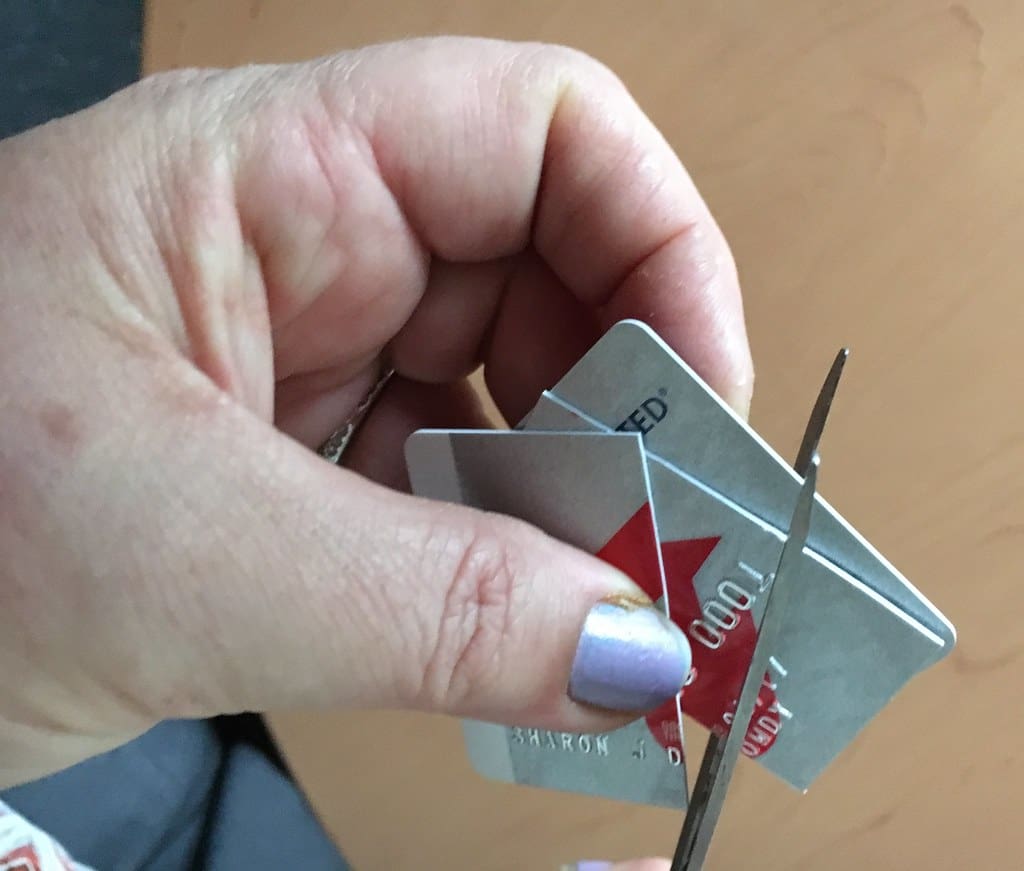
If you’ve got good credit, it can be compelling to just open a credit card and start spending money you don’t have. Don’t do that! That’s how people find themselves deep in debt. If you don’t have a plan for how you’re going to pay it back, don’t borrow it. Simple enough, right?
Using Credit Well
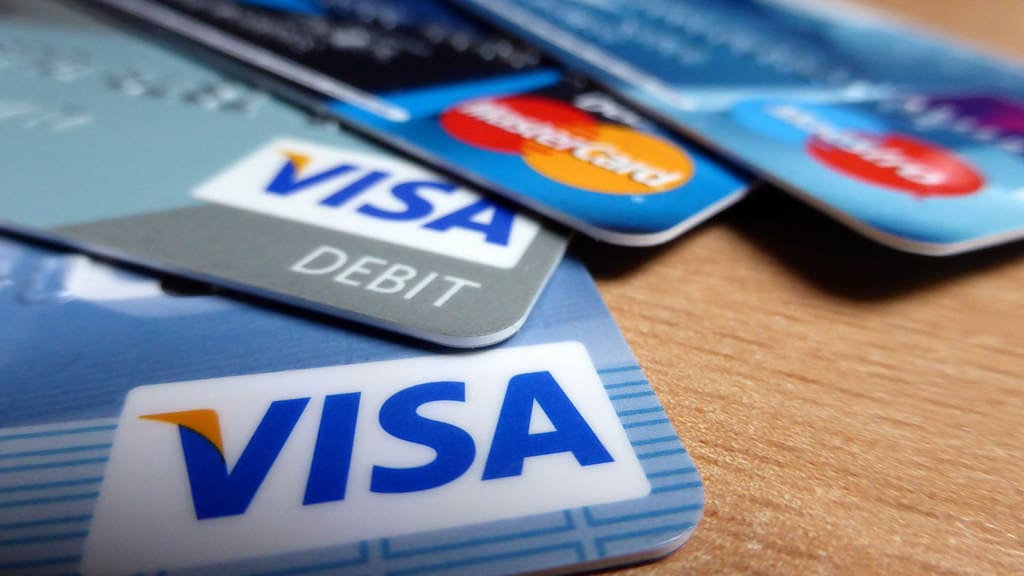
That doesn’t mean credit cards are the enemy, though. You can make great money moves with a credit card if you’ve got a plan. An unexpected expense that needs to be covered before your next paycheck is exactly the kind of thing you should have a credit card for. Just pay it off as soon as your money comes in!
The Debt Cycle
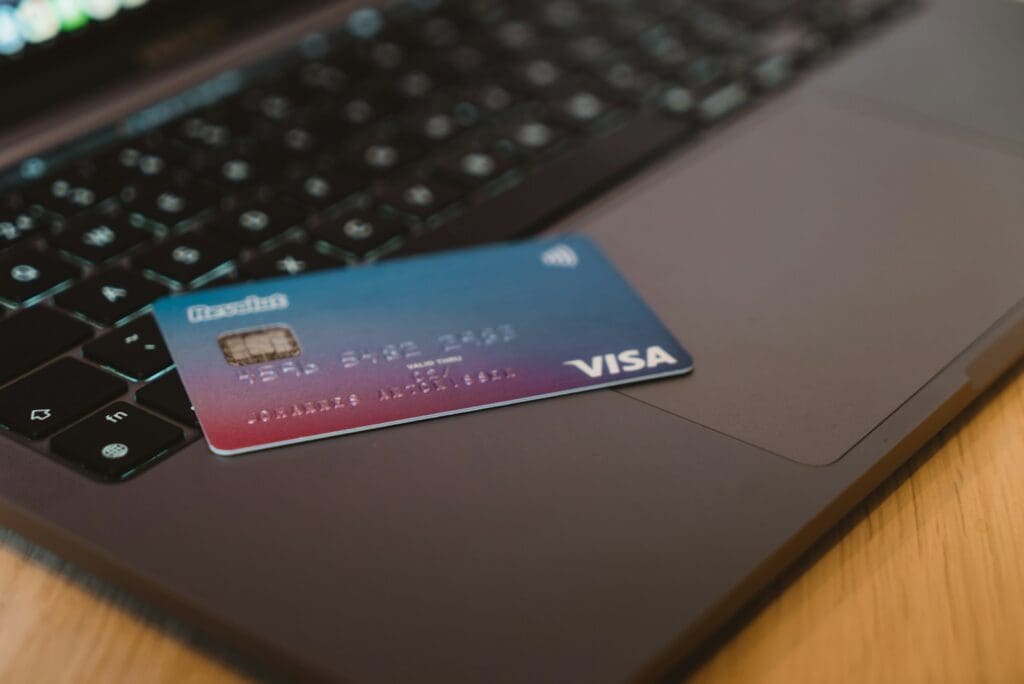
Don’t let borrowing money get you into a vicious cycle, though. If you spend money on credit and then empty your bank account to pay your debt off, it’s tempting to just spend on credit from that point forward. Don’t get caught in this cycle! Save up, get your debts cleared, and return to only spending money you have.
Savings Goals
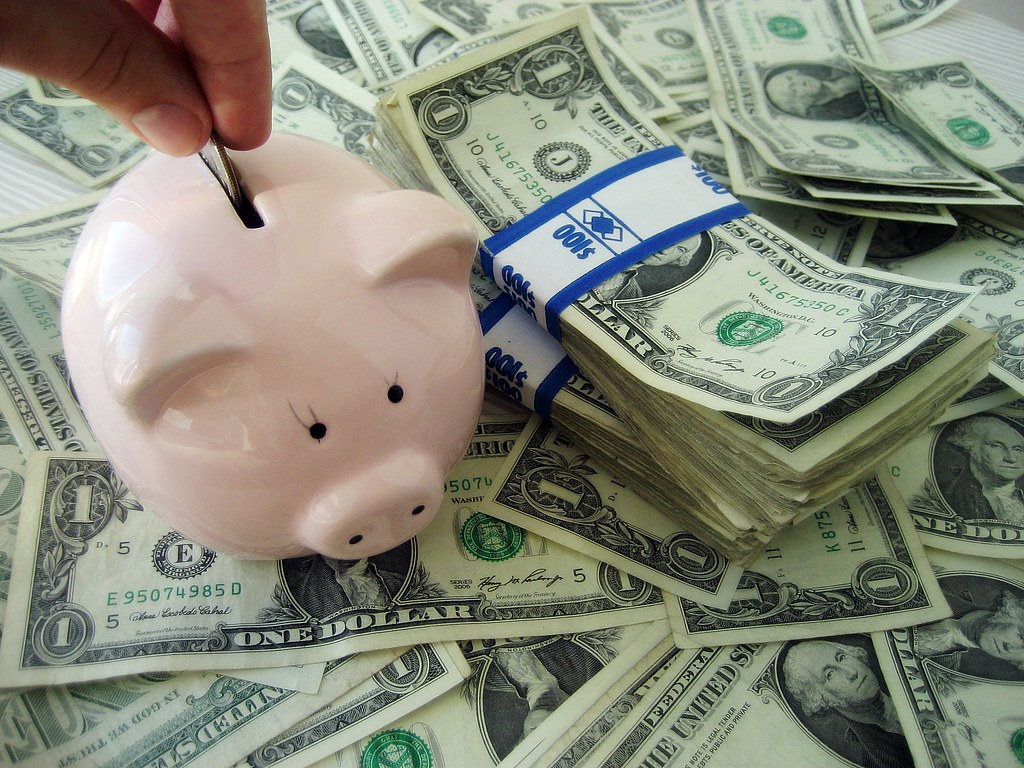
One way to avoid the “debt two-step” is to build up a savings account with three months’ worth of your salary. Make this one of your main savings goals so you can have some buffer against unexpected expenses. Once you’re in your 30s, you never know when you might have a sudden medical bill or car trouble that wipes out your bank account.
Keep it Full

Once you empty your savings account for one of those aforementioned emergencies, make sure you refill it! You don’t want to get caught in that debt cycle again. Just because something’s gone wrong once, that doesn’t mean nothing else is going to go wrong down the road.
Accountability

When you’re budgeting, you have to get comfortable telling yourself “no.” If that’s too hard to do, consider getting a spending buddy to keep you accountable. Often, this can be a spouse or romantic partner who is also trying to save money with you. In other cases, you could have a trusted confidant like your best friend help you stay honest about your spending.
Going Without?

Sometimes, budgeting is about just not getting those things you want as soon as you have the money to afford them. That shiny new game console or tantalizing new car might be just within the budget this month… if you put off that credit card bill. Don’t do this! The fear of missing out is profound, but you’re stronger.
FOMO

Another common FOMO trigger is when your friends spend the weekend going to the movies, hitting the bars, and shopping. You might feel like you’re missing out if you don’t join them. Rather than going deeper into debt to keep up, ask your buddies if they’re open to meeting at a park or going for a hike with you. If they’re your real friends, they’ll be happy to have fun without breaking the bank!
Visualize It
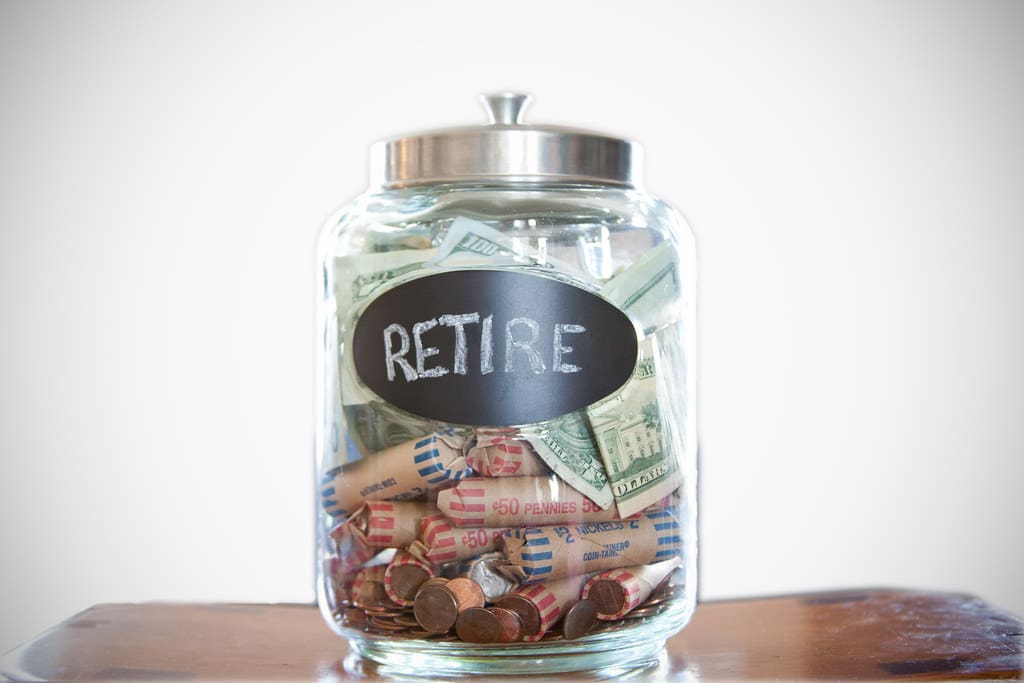
Don’t think about what you’re missing out on today: think about what you’re saving for tomorrow. Visualize a comfortable retirement, a brand-new car, or a glittering vacation to the tropics. These are your goals. Savor the anticipation and save that money to make it a reality.
Keep at It
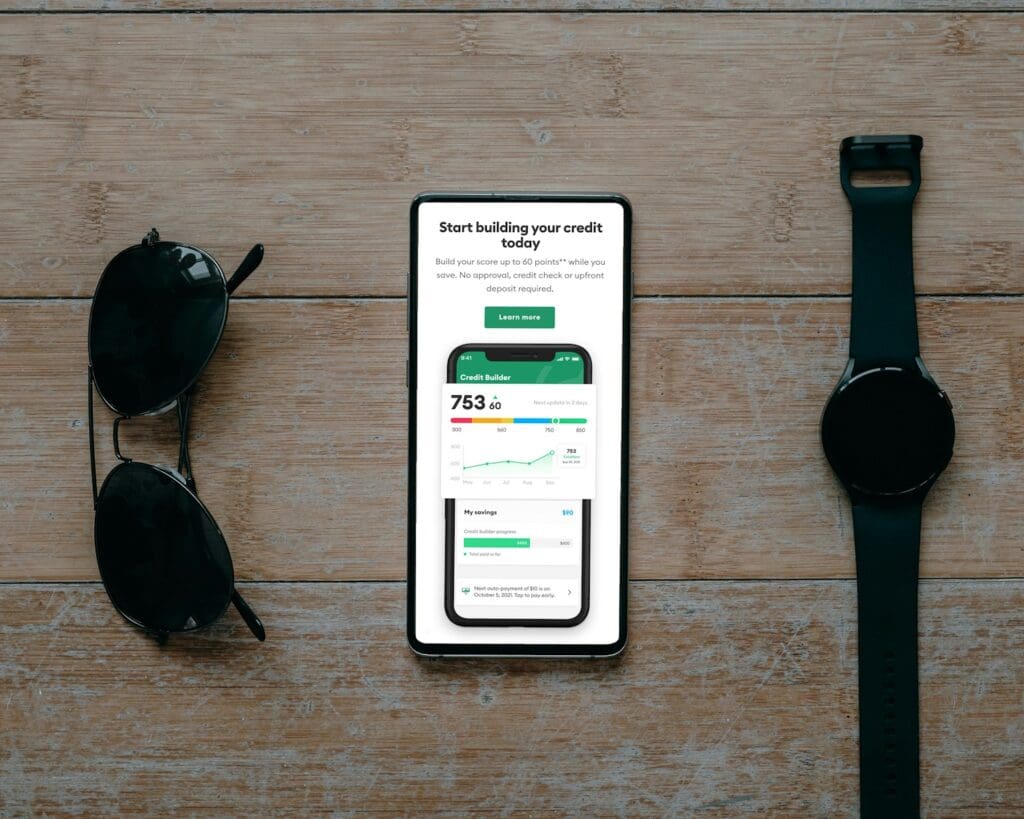
Maybe you’ve been saving and you’re not noticing enough of a difference to merit tightening your belt. Don’t give up, though! While saving money might not be fun, it’s way more fun than the stress of adding to your debt. Keep at your budget and keep saving money for your financial goals.
Read More: 20 Tips for a Happy Retirement
One Step at a Time

Even if you’re only saving ten bucks per paycheck, that adds up. Put that money into an account that accrues interest and watch your funds work for you. Giving up a few trips to Starbucks or eating lunch at the local restaurant a few times a week can set you up for future financial stability.
Read More: 20 Tips for Early Retirement
It’s Not a Race

Maybe your friends got a stronger start in adulthood than you did. Some of them own houses, new cars, and take annual vacations to Europe. Meanwhile, you’re eating ramen noodles and trying to build up an emergency fund. Don’t panic! It’s not a race, and you’re going to enjoy the results just as much if you achieve them when you’re 40 as you would if you got there at 28.
Read More: You Are Wasting Too Much Time Being Frugal


